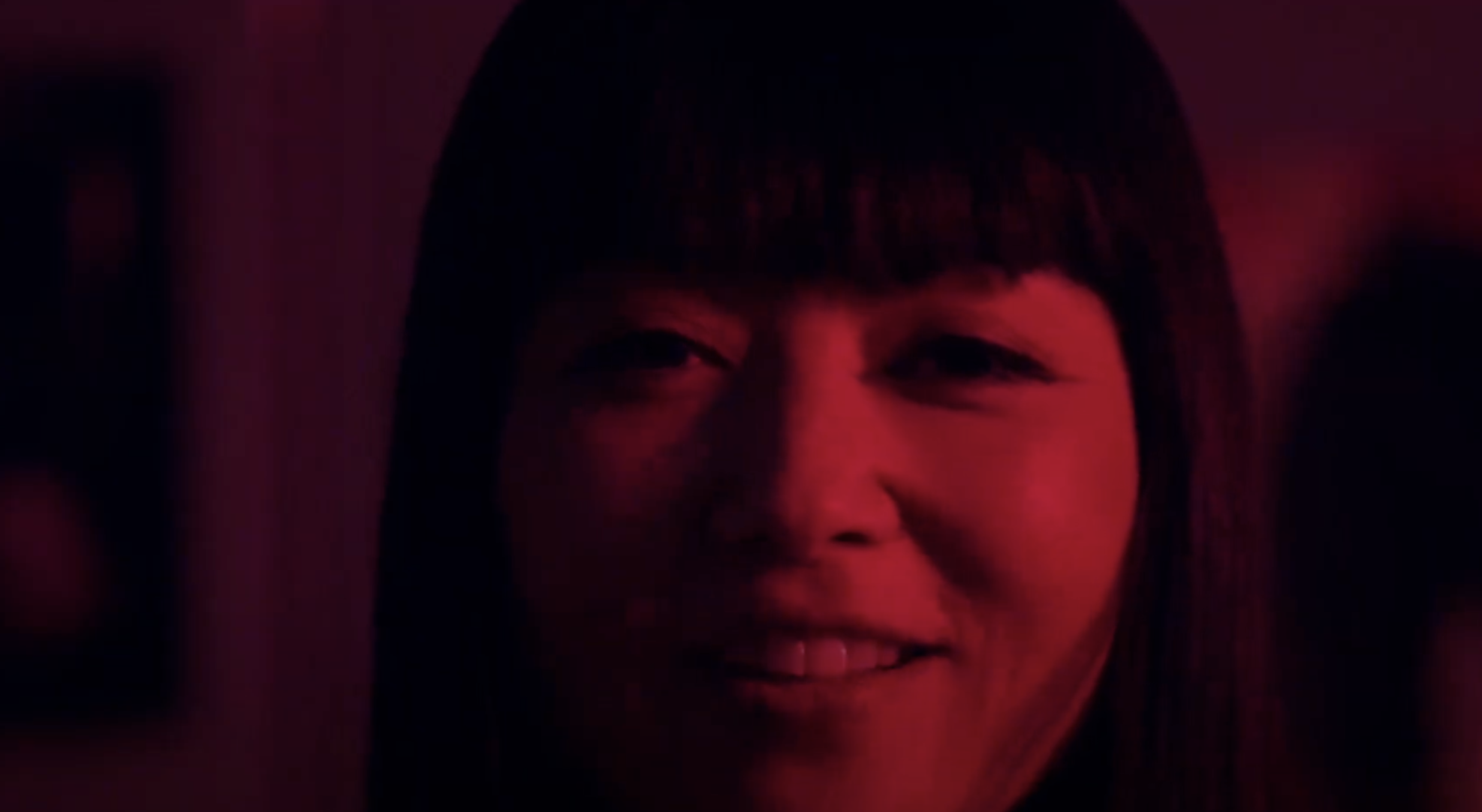Call Me Emanuelle (2022) is a daring, if uneven, exploration of sexual self-discovery and personal liberation. Directed by Gregory Hatanaka, the film follows Emmy, a woman trapped in a high-stress job and a loveless marriage, as she awakens to a new sense of desire and begins to embrace the Emmanuelle inside her. Shoko Rice delivers a quietly compelling performance, supported by a diverse cast including Chris Spinelli, Shane Ryan-Reid, and Saint Heart, who bring subtle depth to the film’s dreamlike and often surreal atmosphere.
The movie doesn’t follow the traditional blueprint of erotic cinema and, in that sense, takes risks. Its approach to sensuality is abstract—favoring atmosphere, ritual, and suggestion over explicit nudity or conventional sexual scenes. Gel-filtered lighting, rose petals, and ambient soundscapes give the film a surreal, almost hypnotic quality, immersing viewers in Emmy’s internal transformation. The story weaves between her work, her flirtations, and explorations of BDSM-like rituals, creating an unconventional narrative that challenges traditional notions of love, lust, and desire.
While some viewers might find the pacing meandering and the connections between plot elements elusive, this ambiguity also gives the film a contemplative, art-house vibe. It is more interested in evoking a mood than delivering a conventional story, which may frustrate audiences expecting a standard drama or erotic adventure—but for those open to an introspective, surreal exploration of sexuality and identity, it offers moments of intrigue and thought-provoking imagery.
Call Me Emanuelle may not satisfy every expectation of the Emmanuelle legacy, but it succeeds in carving out its own space as a bold, abstract meditation on personal freedom, erotic awakening, and the shifting lines between lust and love.
Jessie Hobson


